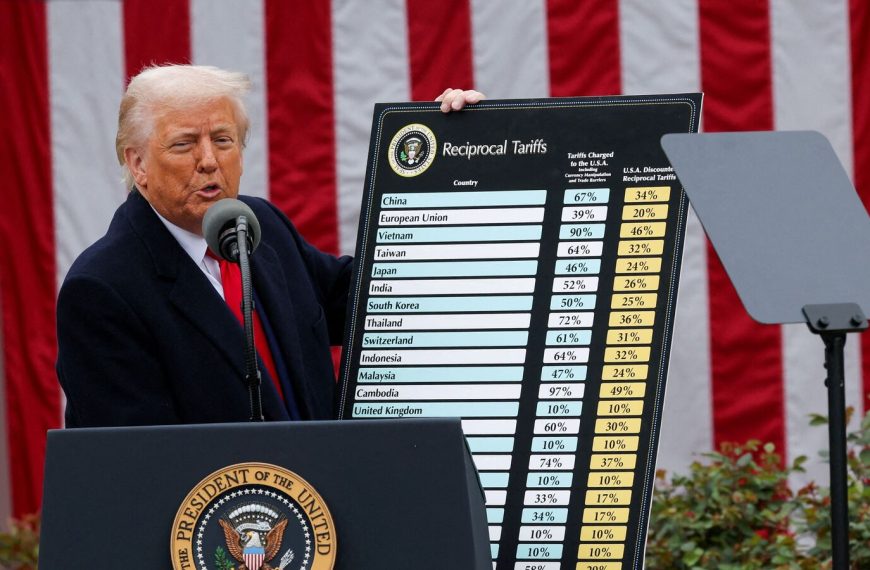Citi’s Perspective on Tariffs and Their Impact on Indian Pharma
Despite ongoing conversations about potential tariffs, Citi has assessed the likelihood of the U.S. imposing tariffs on Indian pharmaceutical products to be quite low. In a recent analysis, the brokerage highlighted that if a 10% tariff were enacted, companies heavily invested in the U.S. generics market—like Zydus, Dr. Reddy’s Laboratories (DRL), and Aurobindo Pharma—could see their Ebitda (earnings before interest, taxes, depreciation, and amortization) drop by 9-12%. However, this impact could lessen to about 5-6% if some of the tariff costs are passed on to consumers, which is often a complex process.
Impact on Various Companies
Citi’s report provides insights into how different firms would be affected by these tariffs:
- High Exposure to U.S. Generics:
- Zydus, DRL, and Aurobindo Pharma: 9-12% Ebitda hit
- Lower Exposure:
- Torrent Pharma, Sun Pharma, and Divi’s Laboratories: 1-3% Ebitda hit
These companies are preferred picks by Citi due to their diversified product lines and reduced dependency on U.S. generics.
Factors Influencing Tariff Pass-Through
The analysis points out several reasons why tariffs, if imposed, may not be fully transferred to U.S. buyers:
- Market Competition: A fragmented industry means that companies may not be able to pass on increased costs.
- Pre-R&D Margins: Healthy margins prior to research and development could mitigate the price increases.
- Buying Consortiums: These groups are focused on negotiating lower prices, which can impact the ability to pass on tariffs.
Moreover, products that face competition from U.S. manufacturers or those from countries not subject to tariffs may not see any increase in prices.
Conclusion: A Low-Probability Event
Citi underscores that the chances of tariffs on Indian generics are slim. This is largely due to the limited capacity for generics production within the U.S., the country’s heavy reliance on Indian generics, and the potential for drug shortages if Indian suppliers withdraw from the market. The brokerage emphasizes that if tariffs are not effectively passed on, certain Indian generics might become impractical for the U.S. market.
In summary, while the risk of tariffs is deemed low, the impact on Indian pharma firms varies greatly depending on their exposure to the U.S. generics landscape.
For more insights on the Indian stock market and its leading players, check out our latest articles.










